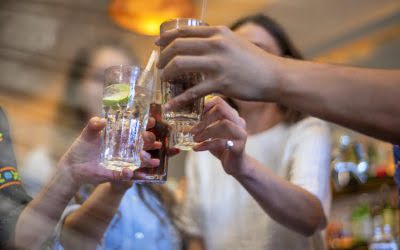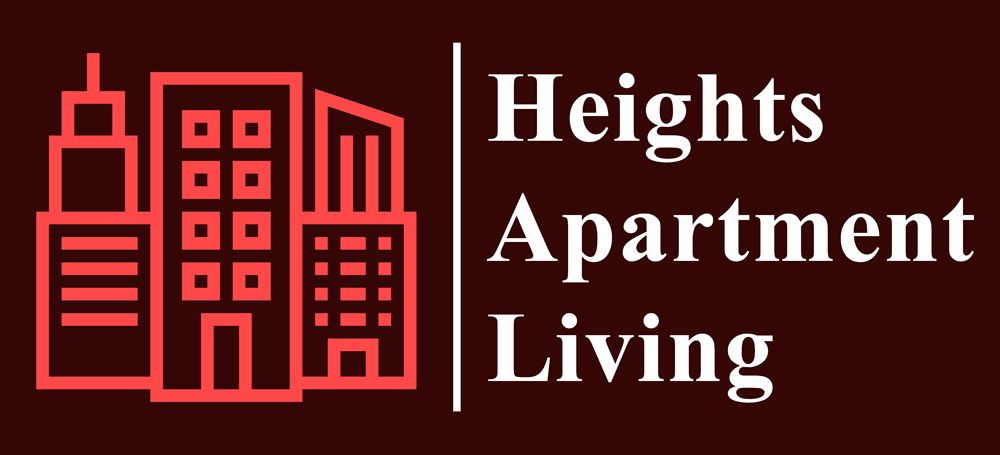Rediscovering Joy: Engaging in Fun Activities and Games for Addiction Recovery health blog
You can encourage members to keep a gratitude journal and write everything they are grateful for. Begin your journey to recovery with our dedicated team, providing structured support and genuine compassion. Tough days might come, but with our supportive sober community, you’re never alone. While there are numerous other things that people can learn about and try for themselves, what matters is that they find something that will make them enjoy it as they walk the path to recovery.
Shannon’s Journey to Recovery: Overcoming Addiction and Empowering Others ›
Participating in sober group activities is the best way to build your confidence in maintaining lifelong sobriety. Practice makes perfect, and you will have plenty of opportunities to practice your coping skills and gain other vital life skills. As you progress through the program, we will monitor your progress and make any changes necessary to ensure your success. By participating in group therapy, you discover that you are not alone in your struggles with addiction. Addiction is a mental health disorder that affects everyone, no matter their age, race, sex, or religion. Even those who call themselves social users or micro-dose will still feel the effects of addiction as their body becomes dependent on the substance of choice.
- Discuss ideas for activities that everyone can enjoy without the presence of substances, such as hiking, game nights, or movie marathons.
- Group activities for substance abuse recovery are vital for fostering a supportive environment where individuals can connect with peers facing similar challenges.
- Facilitators should apply trauma-informed practices and be prepared to manage crises.
- Add one activity that would help you improve your physical, emotional, mental, or spiritual health.
Expressing Emotions: Communication Activities
- Understanding what relapse prevention is and engaging in relapse prevention group activities can significantly enhance the recovery process.
- It can improve relaxation, reduce anxiety, and increase positive feelings.
- Below are some creative ways to use bingo for personal development and mental health.
- Mastering new recipes or perfecting a pastry technique can give recovering addicts a sense of achievement and boost their confidence.
For many recovering addicts, songwriting becomes a therapeutic outlet to externalize and work through complex emotions. Music is an effective distraction, redirecting the mind’s focus away from cravings and toward a positive outlet. They can confront, express, and release pent-up feelings tied to their addiction through colors and strokes. Moreover, engaging in art therapies has been found to improve self-esteem and reduce feelings of isolation, two common challenges faced by recovering addicts.
Meditation

For example, team sports can improve teamwork, while art workshops encourage self-expression. Researchers have found that this format of support can be very effective. Studies https://ecosoberhouse.com/ of youth support groups found that 73% of adolescents who attended group sessions were better off than those who didn’t. For both youth and adults, this format of support can reduce isolation, generate a sense of community, and offer broader perspective and insight not gained in individual therapy. Addiction recovery group activities are wonderful tools for achieving and maintaining successful, long-term sobriety. They are a form of group therapy available free of charge all over the world, with no membership requirements (other than the desire to lead a life free of substance abuse).

Art Therapy Sessions
That’s where relapse prevention and coping skills activities come in, equipping participants with the tools they need to navigate difficult times without turning to substances. Recovery group work is invaluable when it comes to helping participants recover and rebuild relational bonds within the group. These activities are beneficial since they allow people to express themselves and discover more about their experiences while at the same time being able to bond well with others. The recovery process thrives when individuals feel supported by those around them. Group-based activities foster a sense of belonging and provide opportunities for participants to learn substance abuse group activities from each other’s experiences.
Sober Social Events Planning
Book clubs allow for open discussions about personal experiences, struggles, and triumphs related to amphetamine addiction treatment addiction. This is because it can improve mood, reduce cravings, and increase overall physical and mental well-being. Group fitness classes, such as yoga or dance, can make exercise more enjoyable and social.
Relapse Prevention Workshops
This collective growth mindset can be incredibly powerful, often accelerating the recovery process in ways that surprise even the most seasoned therapists. Group fitness classes also provide a positive and healthy outlet for stress and emotions. This helps individuals manage their triggers and cravings more effectively. This activity can be a great way to bond with others in recovery while improving physical and mental health. Substance abuse group activities are essential to the recovery process, providing a supportive, structured space for individuals to connect with others who have faced similar challenges.
Breaking the Cycle of Depression and Substance Abuse
- In a group setting, these activities can foster vulnerability, trust, and connection among members.
- These sessions often include deep breathing exercises, body scans, and visualization techniques to enhance relaxation and self-awareness.
- If you or a loved one is looking for substance abuse treatment, you can find it today.
- While there are numerous other things that people can learn about and try for themselves, what matters is that they find something that will make them enjoy it as they walk the path to recovery.
A worksheet for creating poetry; print, laminate, and cut out the words. A 12-page worksheet packet for exploring, challenging, and redefining unrealistic expectations about the self. A 2-page handout that describes seven uncommon grief experiences, such as delayed or disenfranchised grief. A list with links to online grief support groups, forums, and communities. A to-do list of kind deeds with blank spaces to write in your own ideas for spreading kindness.
It’s not just arts and crafts; it’s a tangible reminder of why they’re on this journey. So if you’re on your path to sobriety, don’t be afraid to try out some of these enjoyable and meaningful activities with your recovery group. They may just make all the difference in your journey towards a healthier and happier life. Game nights can be a great way to relieve stress and bring the group closer together in a light-hearted and enjoyable setting. This activity can also be done virtually, making it accessible for those in online recovery programs.
